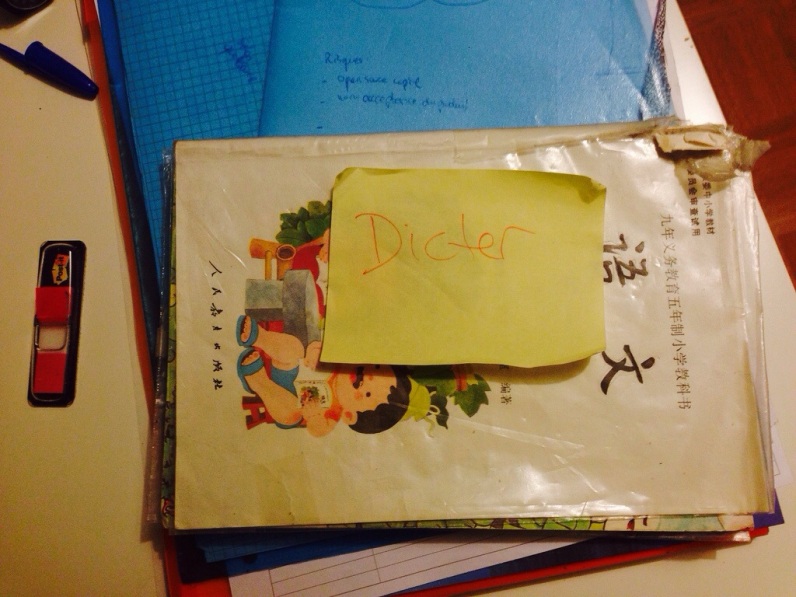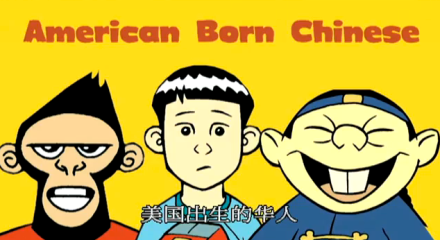
I’m a big fan of Olle Linge, author of hacking chinese blog, because besides achieving something really hard, he reminds his readers to set goals into three horizons : long-term, short-term and micro goals.
Read those articles if you’re learning chinese, or any language as a matter of fact. really.
Personally, I’d like to be able to google anything I want in chinese. Stay close to my culture by being able to find any information, like what’s really in the weird medicine I took as a kid, or reading the hugely successful start-up story of Alibaba. If I break it down to those 3 levels, it gives the following:
Long-term goals Reading popular posts and blogs requires knowing about 2500 characters. Learning to write helps remembering, because writing is harder. So I’ll set to read 2500 and write 1500. and that before I turn 30. that’s in 4 years.
Short-term goals Based on that, I need to learn read and write characters of one textbook every 4 month. That’s about 300 new characters. Check and acquire in parallel the equivalent amount from the 2000 most frequent words.
Micro-goals learn and retain characters from 2 lessons, every week. Not slower and not faster.
I’m not sure if these are good goals. Is it weird to aim to be able to search anything online? Is the short-term goal too ambitious? Will I keep it up with my job and moving to another city and planning a wedding? I don’t know. I don’t know but I have clear micro-goals that are reached every week since two months. So maybe these are good goals because I worry, but not enough to stop me from focusing.





